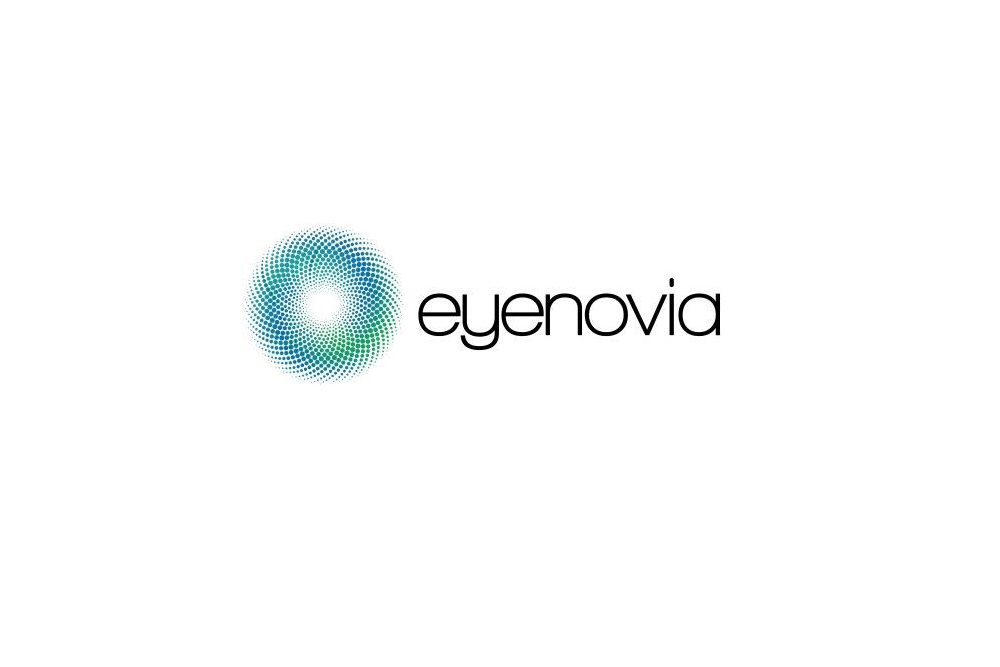
Eyenovia, Inc. issued the following announcement on Dec. 29.
Eyenovia, Inc. (NASDAQ: EYEN), a clinical stage ophthalmic biopharmaceutical company with Phase 3 programs in presbyopia, myopia and mydriasis, today announced that it has submitted a New Drug Application (NDA) to the U. S. Food and Drug Administration (FDA) for MydCombi™, a unique fixed combination mydriatic (pupil dilation) agent. If approved, MydCombi would be the first microdosed ocular therapeutic with a high precision smart delivery system.
The NDA submission follows the initial enrollment of the VISION-1 study, Eyenovia’s Phase 3 study for MicroLine in presbyopia, with top-line data expected the first half of 2021.
MydCombi was developed to address several needs of the eye care practitioner’s office. Pupil dilation is conducted during most of the estimated 80 million office-based comprehensive and diabetic eye exams performed in the U.S. annually. The current standard of care for pupil dilation requires multiple eye drops given at least several minutes apart, which can take considerable time and often cause both discomfort and drug overflow. The design of eyedroppers also lends itself to the possibility of inadvertent contact with the eye itself, which may be an issue as the same eyedropper bottle is often shared among a number of patients. In contrast, MydCombi is delivered by Eyenovia’s proprietary Optejet® dispenser, designed to ensure consistent and easy application of two mydriatic medications in a quick, touchless micro-mist application. The product is also designed with no protruding parts, which may help prevent accidental touching of the ocular surface.
“The NDA application for MydCombi represents a milestone for Eyenovia. It is the first of our three late-stage programs to complete Phase 3 studies leading to this FDA submission, which not only validates our platform technology, but also demonstrates the passion and tireless efforts of all Eyenovians. If approved, MydCombi could be available late next year or early 2022 and improve a common clinical practice that has not advanced in nearly a century,” said Dr. Sean Ianchulev, Chief Executive Officer and Chief Medical Officer of Eyenovia. “MydCombi, delivered by our proprietary Optejet touchless dispenser, may have several advantages over the current standard of care for in-office mydriasis that are especially important in today’s environment. With no protruding parts and recessed nozzle and shutter, Optejet’s design enables touch-free mydriasis and helps reduce the risk of cross contamination.”
The NDA submission was based on the MIST-1 and MIST-2 studies. In these two Phase 3 studies, a fixed combination of micro-dosed phenylephrine 2.5% and tropicamide 1% ophthalmic solution was shown to be safe and effective for pharmacologic mydriasis. Approximately 94% of treated eyes achieved 6mm or greater dilation at 35 minutes post-instillation. All adverse events were infrequent at 3.1%; fewer than 1% of patients reported blurred vision, reduced acuity, photophobia or instillation site pain.
“Pupil dilation is a necessity for most eye exams. The process today can add several minutes to each exam, which over the course of the day often translates to fewer patients examined. MydCombi has the potential to significantly improve patient flow and make the in-office mydriasis process more efficient and more comfortable for patients,” said Dr. James Tsai, president of New York Eye and Ear Infirmary of Mount Sinai and a member of the Eyenovia Scientific Advisory Board.
About Eyenovia, Inc.
Eyenovia, Inc. (NASDAQ: EYEN) is a clinical stage ophthalmic biopharmaceutical company developing a pipeline of microdose array print (MAP) therapeutics. Eyenovia is currently focused on the late-stage development of microdosed medications for presbyopia, myopia progression and mydriasis. For more Information, visit www.eyenovia.com.
Original source can be found here.




